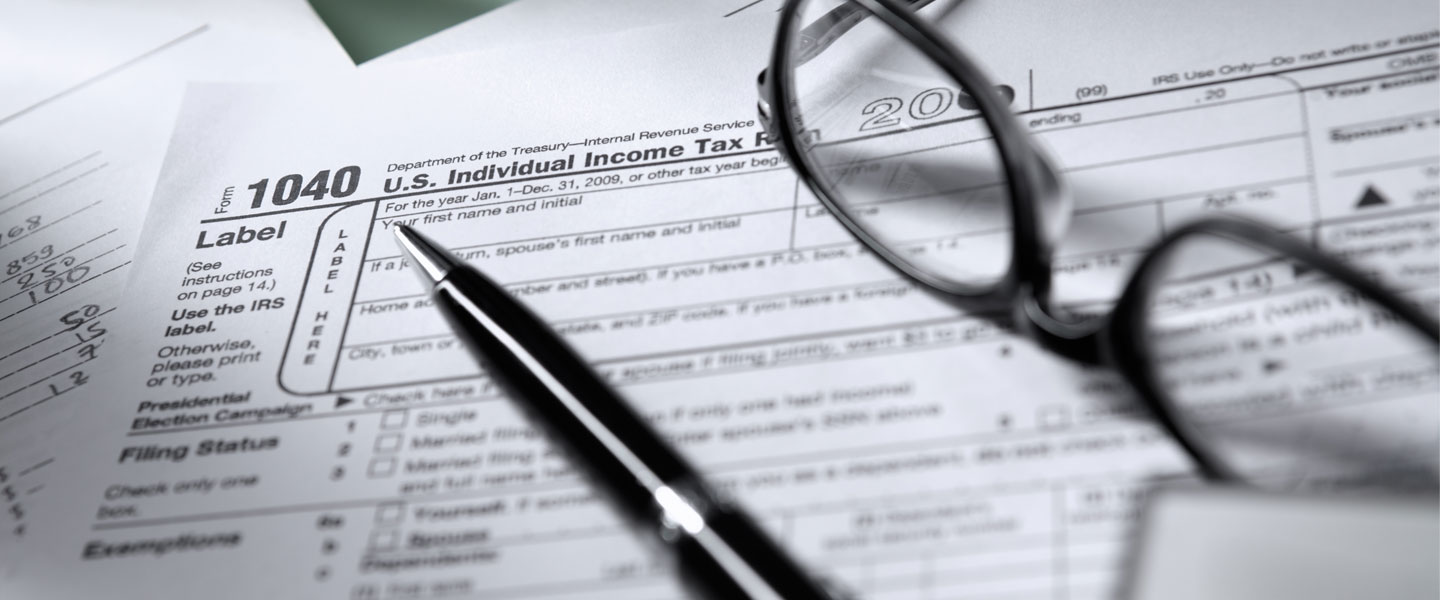Special Reminder for Those Who Don’t Normally File a Tax Return.
Although payments are automatic for most people, the IRS continues to urge people who don’t normally file a tax return and haven’t received Economic Impact Payments to file a 2020 tax return to get all the benefits they’re entitled to under the law, including tax credits such as the 2020 Recovery Rebate Credit, the Child Tax Credit, and the Earned Income Tax Credit. Filing a 2020 tax return will also assist the IRS in determining whether someone is eligible for an advance payment of the 2021 Child Tax Credit, which will begin to be disbursed this summer.
For example, some federal benefits recipients may need to file a 2020 tax return – even if they don’t usually file – to provide information the IRS needs to send payments for a qualifying dependent. Eligible individuals in this group should file a 2020 tax return as quickly as possible to be considered for an additional payment for their qualifying dependents.
People who don’t normally file a tax return and don’t receive federal benefits may qualify for these Economic Impact Payments. This includes those experiencing homelessness, the rural poor and others. Individuals who didn’t get a first or second round Economic Impact Payment or got less than the full amounts may be eligible for the 2020 Recovery Rebate Credit, but they’ll need to file a 2020 tax return. See the special section on IRS.gov: Claiming the 2020 Recovery Rebate Credit if you aren’t required to file a tax return.
Free tax return preparation is available for qualifying people.
The IRS reminds taxpayers that the income levels in this new round of Economic Impact Payments have changed. This means that some people won’t be eligible for the third payment even if they received a first or second Economic Impact Payment or claimed a 2020 Recovery Rebate Credit. Payments will begin to be reduced for individuals making $75,000 or above in Adjusted Gross Income ($150,000 for married filing jointly). The payments end at $80,000 for individuals ($160,000 for married filing jointly); people with Adjusted Gross Incomes above these levels are ineligible for a payment.
Individuals can check the Get My Payment tool on IRS.gov to see the payment status of these payments. Additional information on Economic Impact Payments is available on IRS.gov.





